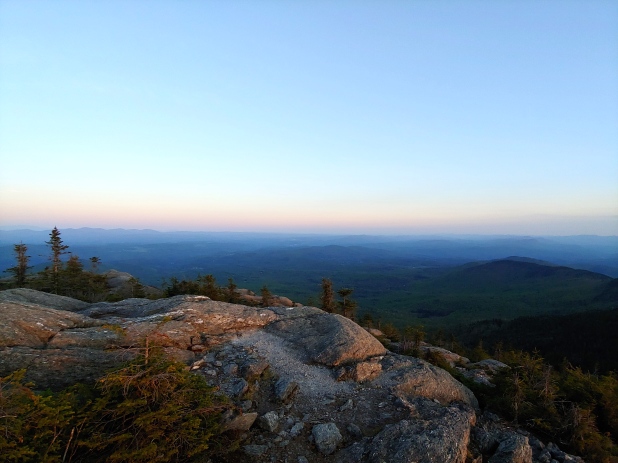It seems fitting to talk about loneliness now. Some things are opening but the COVID19 pandemic continues to close many social spaces and requires people to not only stay home but to physically distance themselves from those who live outside their home. It’s been interesting to watch the Facebook and Instagram evolution of my online network. The pandemic started with cutesy mask photos, ebbed into anger, and now includes random questions to spark online conversation and exercise videos.
There are those who have been gravely affected by the financial toll of losing work or of illness during COVID times. But setting more extreme circumstances aside, I’ve noticed that those who seem most impacted by social distancing are those who are very extroverted, those who live alone, and those who were lonely before the world shut down. I think for many, the slowed pace of life during a pandemic has unleashed an uncomfortable amount self-reflection. I imagine many are grappling with questions like: How do I occupy myself? And, how do I feel connected to those I care about if I can’t see them?
I think the silver lining of widespread feelings of loneliness during mandated social isolation is understanding. You or I may feel isolated today, but it took the extreme circumstances of a pandemic to get us there. Many are unluckier. They feel isolated daily, on normal days, or for long stretches of their lives. Many of those people are our family and friends. I think the pandemic has shown us that people feel loneliness at different thresholds and endure the feeling in varying ways.
We can observe the evolution of our own feelings during COVID, especially if they are new feelings, in the hope that they will provide greater insight into the feelings others in our lives may have at different times.
Thinking about my career as a physician and my role as a member of a community and family, I will always know and meet people who are lonely. I think it is easy to forget how common loneliness is. It is not something that is always worn outwardly and loudly like a football jersey. Often it is subtle. And while we might not be able to drive the loneliness someone else is feeling away, each of us can be an encouraging force for others. We can be present to listen when someone else needs to share. We can be a connection in their lives.
The nice thing about pandemics is they usually end. For many, the end of this COVID shutdown will be a return to normal. It will be easier to travel and socialize again. The feelings of isolation and stress and sadness many feel now will magically lift when social distancing is no longer required for public health. But, for those who feel isolated for other reasons, the struggle will go on. You and I should remember that. Not to be negative and pessimistic but, rather, to remain in touch with people beyond ourselves. Loneliness is a powerful force. If we are feeling it now for the first time, we should take note. We should take note so that we might be more empathetic later when we are not feeling isolated and someone in our network is.

